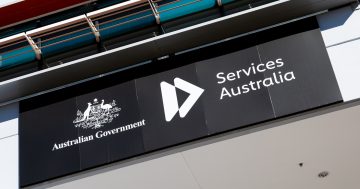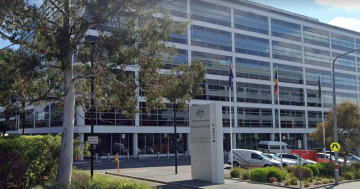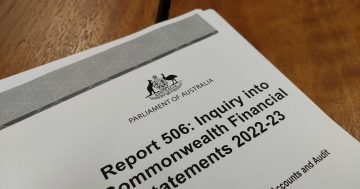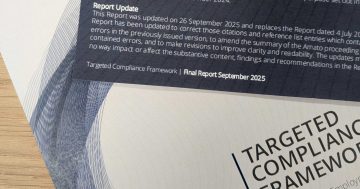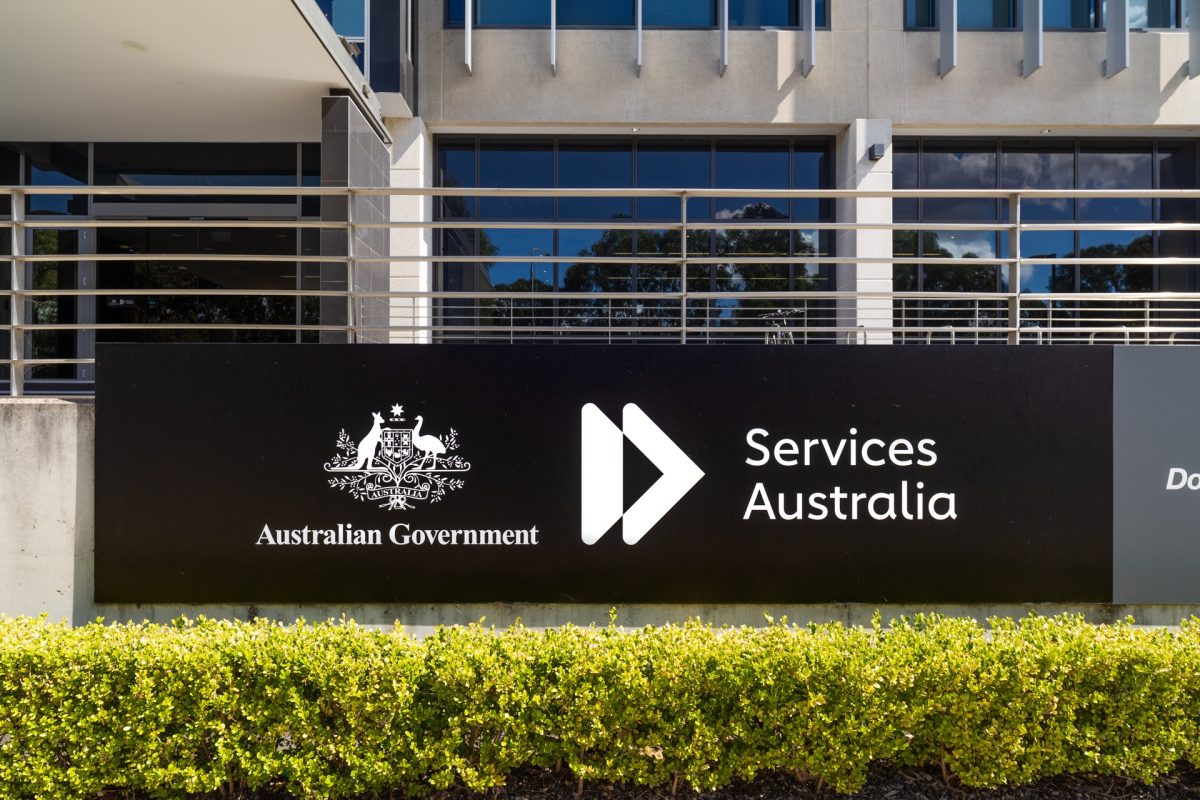
Department of Social Services and Services Australia processes for the delivery of welfare payments have been found to be ‘partly effective’. Photo: Michelle Kroll.
Australians were overpaid about $8 billion in welfare and social security payments in 2021-22, according to a report from the Australian National Audit Office (ANAO).
The ANAO’s Accuracy and Timeliness of Welfare Payments report was released on 31 August. It made 14 recommendations after it found the systems of the Department of Social Services and Services Australia were only partly effective in delivering welfare and social security payments.
The audit report was conducted to assess how the bilateral partnership between the Department of Social Services and Services Australia has been working since Centrelink was established in 1997. Findings about their processes for monitoring, reporting and continuously improving welfare payment accuracy and timeliness are also reported to Parliament.
Under the partnership, Services Australia is the executive agency within the department’s portfolio responsible for delivering services, while the department retains policy responsibility for those services.
“The arrangement is supported by bilateral agreements, which include bilateral performance measures for the accuracy and timeliness of welfare payments Services Australia delivers on the department’s behalf,” according to the report.
The report stated that in 2021–22 Services Australia delivered welfare payments totalling $124.7 billion on the department’s behalf to eligible families, parents, seniors, people with a disability, carers, job seekers and students, an amount that represented about 20 per cent of all Australian Government spending.
During that time, Services Australia processed about 4.5 million welfare claims for the department, of which about three million were granted.
The report noted payment inaccuracy rates steadily increased from 2013-14 to 2020-21. These rates breached the department’s target of a five per cent inaccuracy rate for the first time in 2018-19, improved to below four per cent in 2019-20, but then peaked at nearly seven per cent in 2020-21. In 2021-22, the accuracy rate was about 6.71 per cent, still well below target.
The audit described the accuracy of the payments system as partly effective.
The report also measured the timeliness of those payments, but these targets varied depending on the payment type. For example, the department and Services Australia have an agreed benchmark target to process 90 per cent of all crisis payment claims within two calendar days, and 80 per cent of Disability Support Pension claims within 84 days.
Across all payment types, the audit found that 82 per cent of payments were processed within the agreed benchmark standards in 2021-22, and that the target has been met in four of the past seven years.
The audit also described the timeliness of the payments system as partly effective.
“The department’s oversight has been partly effective due to weaknesses in bilateral agreements, assurance arrangements and shared risk management,” the ANAO report summary stated.
“Monitoring and reporting of payment accuracy was partly effective. The methodology for measuring accuracy is largely robust. Data collection does not adequately support continuous improvement.
“The methodology for measuring timeliness is not robust and reporting has been biased.”
The department has agreed to 11 of the ANAO’s 14 recommendations and partly agreed to another.
Among the agreed recommendations are that the department and Social Services complete the current bilateral arrangement refresh process by October 2023; new processes are implemented by October 2023 to manage shared risks relating to welfare payment accuracy and timeliness; and key performance measure benchmark targets are reviewed.
The department did not agree to enhance its reporting processes regarding the impact of changes in medical eligibility on the accuracy of Disability Support Pension payments, or to develop a reliable and unbiased external performance measure for welfare payment correctness.
“The department is committed to ensuring social security payments are delivered accurately, consistent with the legislation, and in a timely manner,” the department said in its published response.
“The department is currently working with Services Australia to update Bilateral Management Protocols to ensure appropriate service delivery standards are met. This audit provides added impetus to ensure these protocols are effective.”
Original Article published by Andrew McLaughlin on Riotact.


